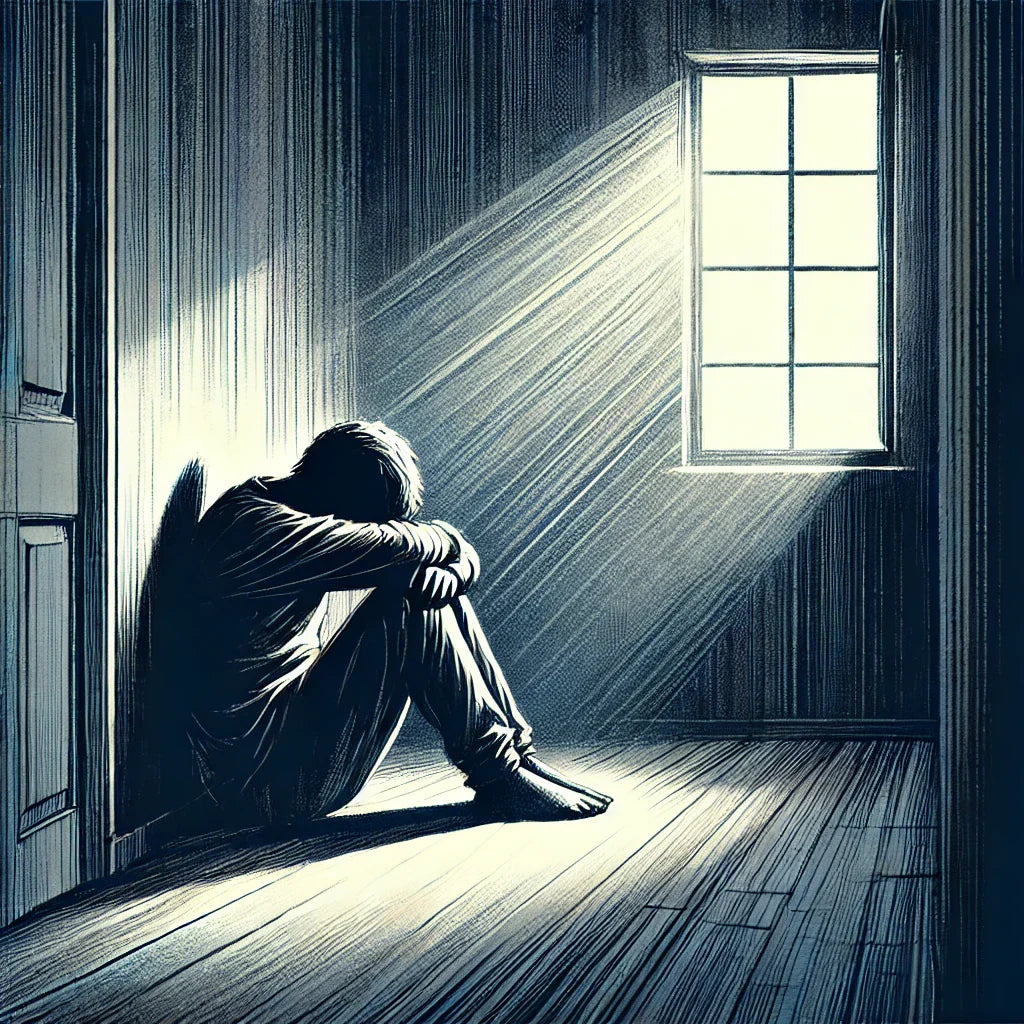Let’s be honest—somewhere along the way, we started treating exhaustion like a badge of honor.
We push through, hustle harder, and wear our busyness like a trophy. But deep down, we know something isn’t right.
We’re tired. And not just “I need a nap” tired—I mean mentally, physically, and emotionally drained.
And yet, society tells us that we’re still not doing enough.
We’re bombarded with the message that we should always be chasing more—more success, more productivity, more goals. But at what point does more actually become too much?
Somewhere along the way, we’ve confused being busy with being effective.
We equate our worth with how much we can cram into a single day, how many tasks we can check off, how little sleep we can survive on. But here’s the truth that no one seems to talk about:
Doing more doesn’t always mean gaining more.
More hours doesn’t always mean better results. More commitments don’t always mean more progress. More pushing doesn’t always mean more success.
In fact, sometimes the key to getting ahead is doing less—but doing it more efficiently.
The Productivity Obsession: Where Did It Come From?
Somewhere along the way, society convinced us that our worth is tied to how much we produce.
We’ve been conditioned to believe that:
- If we’re not busy, we’re falling behind.
- If we’re not hustling, we’re being lazy.
- If we’re not grinding every day, we’re wasting time.
It’s no wonder we feel guilty when we take a break.
Productivity is great. But when it becomes our identity—when we measure our self-worth by how much we do—we fall into the productivity trap.
And the biggest problem? More is never enough.
Why Are We All So Burnt Out?
Burnout isn’t just about being tired. It’s a deep, chronic exhaustion caused by constantly running at full speed without giving ourselves a chance to recover.
Here’s what’s really fueling it:
- The 24/7 Hustle Culture – We’ve been conditioned to believe that rest is laziness and that if we’re not constantly grinding, we’re falling behind. Social media glorifies the “no days off” mentality, making us feel guilty for slowing down.
- No Boundaries Between Work & Life – Thanks to technology, we’re always accessible. Work emails at night, texts on the weekend—it never stops. The ability to unplug has become almost nonexistent.
- The Myth That More Is Better – We take on more projects, more responsibilities, more side hustles—convinced that if we just do a little more, we’ll finally feel fulfilled. But instead, we feel depleted.
- Emotional Overload – We are constantly processing so much—the news, social media, personal struggles, and the pressure to keep up with it all. Our minds are on overdrive, and we don’t give ourselves space to breathe.
The Shift: Doing Less, More Effectively
Instead of chasing more, what if we started focusing on better?
- Work smarter, not harder. Prioritize the few things that actually move the needle instead of stretching yourself across everything.
- Rest isn’t a reward—it’s a requirement. Schedule downtime like you schedule meetings. If you’re constantly running on empty, your output will suffer.
- Quality over quantity. Whether it’s work, workouts, or relationships—more doesn’t always mean better. Choose depth over excess.
- Stop glorifying busyness. Being busy isn’t the same as being productive. Productivity is about working with intention, not just filling up your time.
Breaking the Burnout Cycle
If you’re feeling burnt out, pay attention to that. Your body and mind are sending you a message that something needs to change.
Here’s where to start:
✅ Identify what actually matters. Cut out what doesn’t.
✅ Set boundaries—and stick to them. Your time is valuable.
✅ Give yourself permission to rest. You don’t need to earn it.
✅ Start doing less—but do it better.
Burnout isn’t normal. It’s a sign that the way we’ve been taught to operate isn’t working. It’s time to shift the narrative.
Because at the end of the day, it’s not about how much you do—it’s about how well you do what actually matters.
What’s one thing you can remove from your plate this week to give yourself more energy for what actually matters? Drop it in the comments—I’d love to hear.





Leave a comment
This site is protected by hCaptcha and the hCaptcha Privacy Policy and Terms of Service apply.